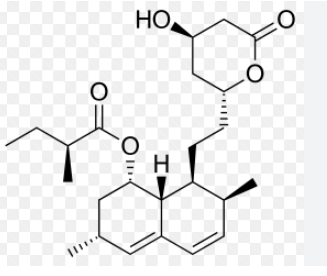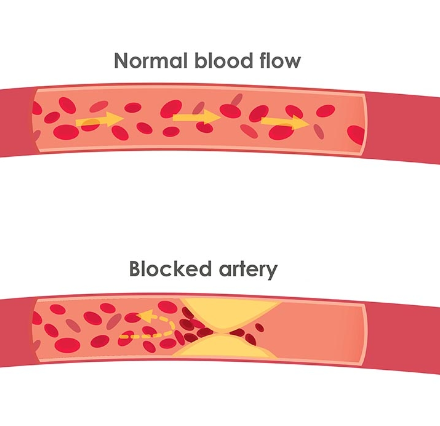Cholesterol and Statins
High cholesterol
High cholesterol is one of the most significant risk factors for Cardiovascular Disease. Globally, a third of ischaemic heart disease is attributable to high cholesterol.
The aim of the NHS is to ensure that all patients with established cardiovascular disease (defined as Coronary Heart Disease, Peripheral Arterial Disease, Stroke/TIA or Chronic Kidney Disease) receive treatment to reduce cholesterol in line with guidance published by the National Institute of Health and Clinical Excellence.
Treatment with a statin is recommended as first line therapy for the secondary prevention of Cardiovascular Disease.
What is high cholesterol?
High cholesterol is when you have too much of a fatty substance called cholesterol in your blood and is mainly caused by eating fatty food, not exercising enough, being overweight, smoking and drinking alcohol. It can also run in families.
You can lower your cholesterol by eating healthily and getting more exercise. Some people also need to take medicine.
Too much cholesterol can block your blood vessels and it makes you more likely to have heart problems or a stroke. High cholesterol does not cause symptoms and you can only find out if you have it from a blood test.
What is a statin?
Statins are a group of medicines that can help lover the level of low-density lipoprotein (LDL) cholesterol in the blood.
LDL cholesterol is often referred to as “bad cholesterol”, and statins reduce the production of it inside the liver.

Further information on Statins
What to do next
If you haven’t already received a text / letter to have a repeat blood test and would like to have one please contact us either via eConsult (purple option) or contact the surgery in your normal way.

